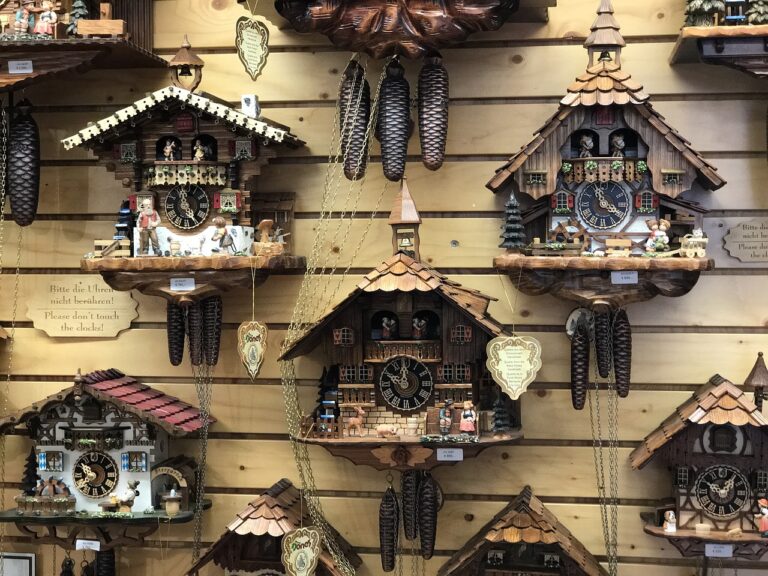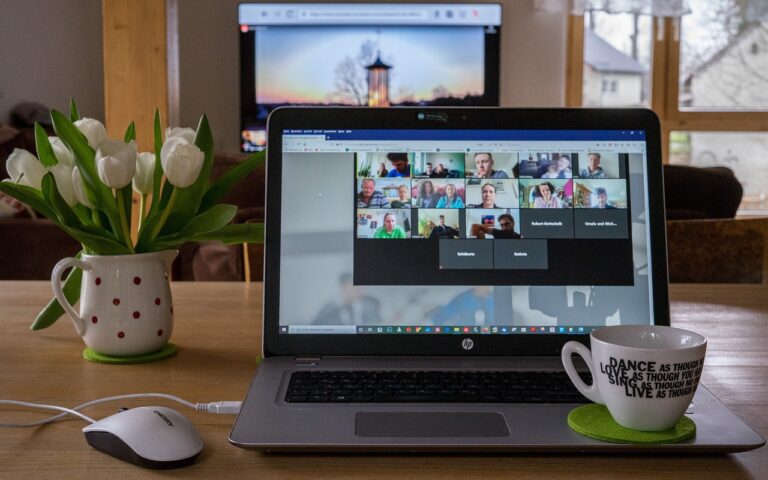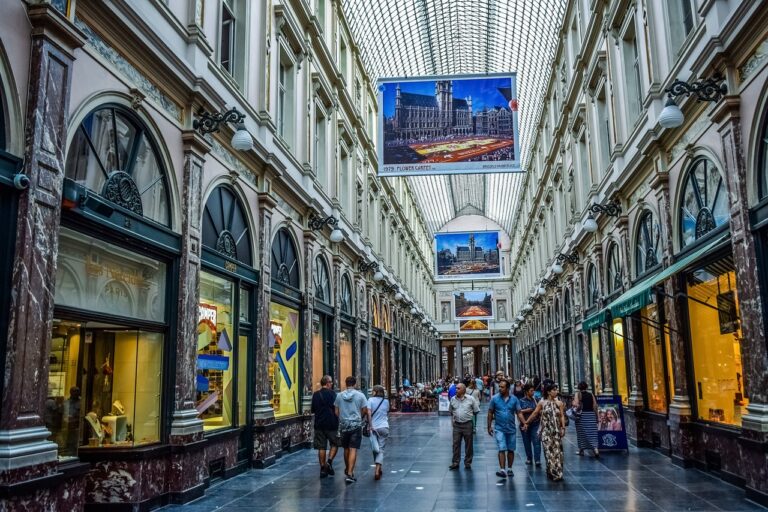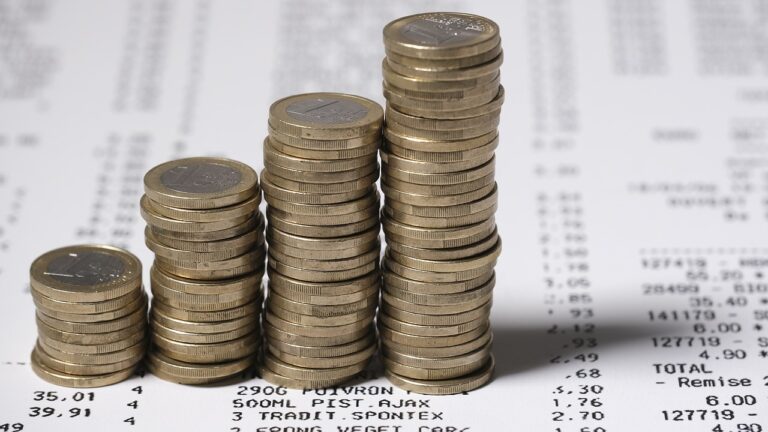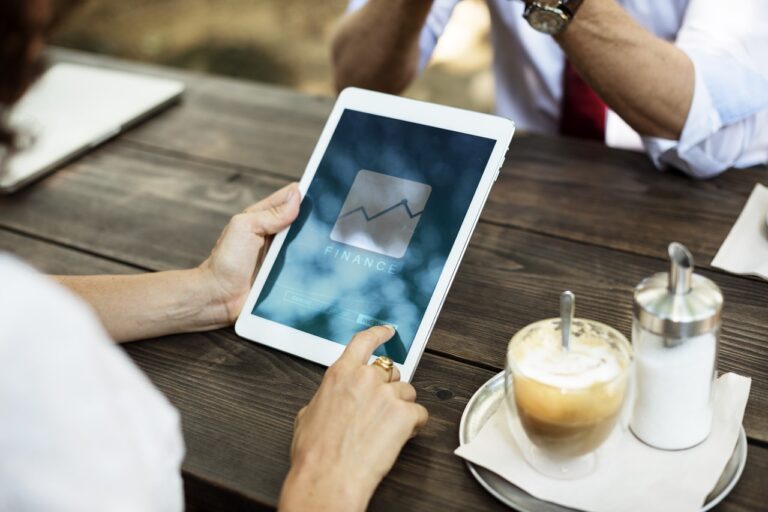The Role of Watches in Historical Events: 99exch, Laser247 club, World777 contact number
99exch, laser247 club, world777 contact number: Watches have played a significant role in historical events throughout the centuries. These small timekeeping devices have not only helped people stay punctual but have also been involved in crucial moments that have shaped our world. From military campaigns to political negotiations, watches have been a part of some of the most important events in history.
Military Campaigns:
Watches have been essential tools for military commanders, helping them synchronize attacks, coordinate troop movements, and maintain communication. During World War I and World War II, soldiers relied heavily on their watches to ensure precision timing during battles. Time was a critical factor in determining the success or failure of military operations, and watches played a crucial role in keeping soldiers on schedule.
Political Negotiations:
In the world of politics, time is of the essence. Watches have been used by diplomats and leaders during negotiations to keep track of time limits, deadlines, and schedules. During the Cold War, watches helped negotiators from different countries stay on track during tense discussions and peace talks. The iconic image of President John F. Kennedy wearing a Rolex during the Cuban Missile Crisis is a testament to the role watches have played in historical negotiations.
Exploration and Discovery:
Watches have also been instrumental in exploration and discovery throughout history. From navigating the seas to exploring new territories, explorers have relied on watches to help them accurately determine their location and track their progress. Famous explorers such as Christopher Columbus and Sir Edmund Hillary used watches to guide them on their journeys and conquer new frontiers.
Revolutionary Movements:
During times of revolution and social change, watches have been symbols of resistance and unity. In countries such as France and Russia, watches were used to coordinate protests, rallies, and uprisings against oppressive regimes. The synchronized ticking of watches represented the unity and determination of the people to fight for their rights and freedoms.
FAQs:
1. Why were watches so important in historical events?
Watches were essential in historical events because they helped people stay punctual, coordinate actions, and track time accurately during critical moments.
2. How did watches impact military campaigns?
Watches played a crucial role in military campaigns by helping soldiers synchronize attacks, coordinate movements, and maintain communication on the battlefield.
3. What role did watches play in political negotiations?
Watches were used by diplomats and leaders during political negotiations to keep track of time limits, deadlines, and schedules, ensuring productive and efficient discussions.
4. How did watches aid exploration and discovery?
Watches helped explorers navigate the seas, explore new territories, and accurately determine their location, making them indispensable tools for discovery and exploration.
In conclusion, watches have been more than just timekeeping devices throughout history. They have been essential tools in military campaigns, political negotiations, exploration, and revolutionary movements. Their precision and reliability have made them instrumental in shaping the course of history and will continue to play a vital role in future events.


